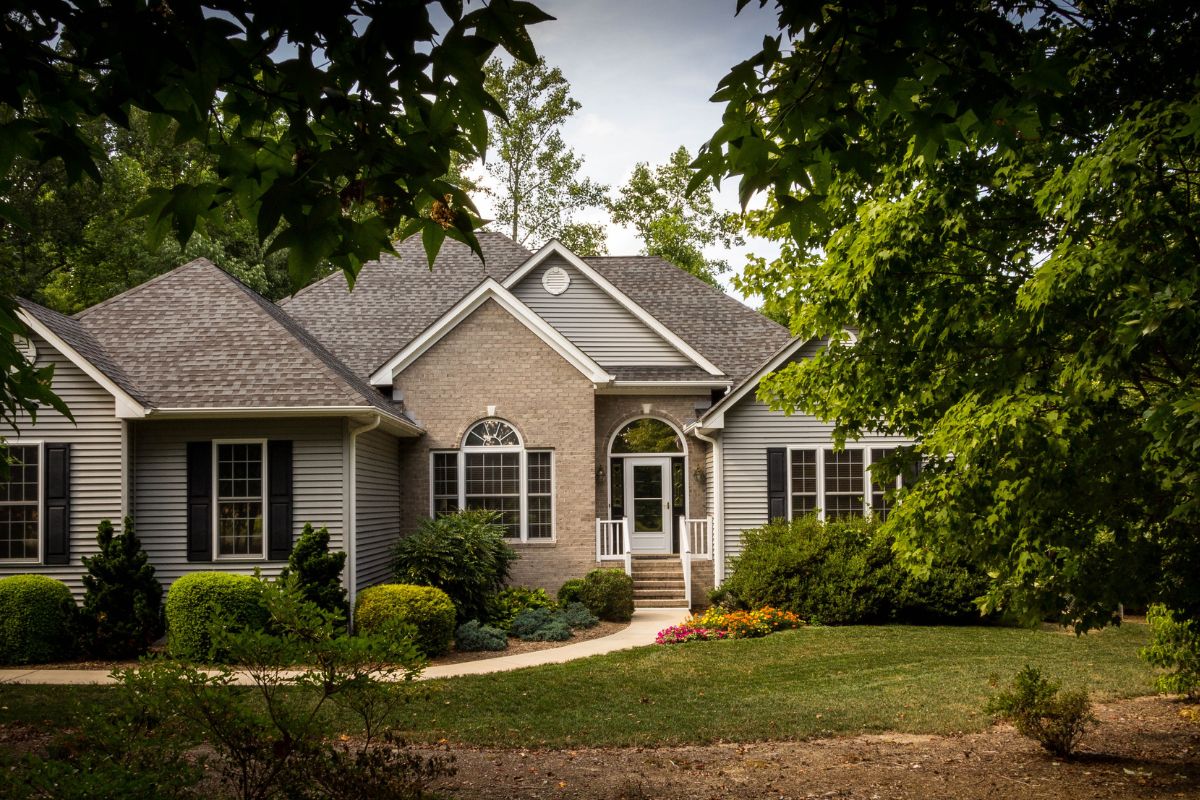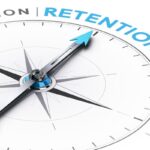Easy Budgeting Tips for Sydney Residents – Make Your Money Go Further

Sydney is an amazing place to be. It has everything from beaches, parks, and bustling city life. But everyone knows it’s also one of the most expensive cities in Australia. Rents are high, groceries are climbing, and even a modest night out can empty the pockets.
In July 2025, Domain reported that unit rents in Sydney now average $740/week, up $15 from last quarter. It’s a whole lot of money to give up just to keep a roof overhead.
But you don’t have to cut out all the fun stuff to get your finances in check. With a bit of tweaking, you can continue to live large and save some cash.
Here are some practical budgeting tips for Sydney residents.
1. Write Down What You Spend
The vast majority of people have no idea where their money actually ends up. It apparently disappears on coffee, fast meals, and random shopping.
Try it: For a month, write everything down. Record every coffee, every bus fare, and every penny spent on takeout. You can use a notebook or use a free app like the MoneySmart Budget Planner.
You might be shocked when you see the totals. But that’s good, as it can help you see where you can cut back without feeling too much pain.
For example: One $5 coffee a day less (do you really need a $5 coffee a day?) This means you would save $35 each week, which adds up to more than $1,800 over the course of a year. That’s serious money.
2. Make a Budget That Works
The budget’s not about punishing yourself. It’s about planning.
For a start, figure out what’s coming in (your pay after tax) versus what has to go out (rent, power, transport, groceries).
The MoneySmart Budget Planner is a free, simple-to-use budgeting tool from the Australian Government.
Here’s how to think about it:
- Income: Your pay or Centrelink.
- Needs: Rent, bills, food, transport.
- Wants: Takeaway, movies, hobbies.
- Savings: Even if tiny, make space for it.
It’s fine to put some aside for fun. If you try to cut out all the fun, you will quit in a hurry.
3. Get Smart About Rent
Rent is the largest chunk for most Sydneysiders. With the median rents of houses at about $750 a week, you have to be careful.
Here are a few ideas:
- Look further out. It can be much cheaper to live in a suburb a little farther from the CBD.
- Consider sharing. Splitting rent with housemates pays off big time.
- Negotiate. If you’re a good tenant, ask the landlord when the lease comes due. They may want to keep you rather than risk a vacancy.
- Keep an eye on listings. New places occasionally come onto the market in your area and drop rents to fill them.
Domain’s latest data shows even small shifts in suburbs can mean $50–$150 less rent a week. That adds up to thousands a year.
4. Save on Food Without Going Hungry
Food costs have gone up. The ABS shows food and non‑alcoholic beverages rose 2.9% year-on-year to May 2025. But you don’t have to subsist on 2-minute noodles.
- Plan your meals. Know what you’re going to cook for the week.
- Cook in batches. Freeze extras for busy nights.
- Buy what’s in season. It’s cheaper and fresher.
- Head to Paddy’s and the like for bulk fruit and veg.
- Limit takeaway. Once a week rather than every other night.
Simply slashing two $25 takeaway meals a week cuts your spending by $2,600 a year.
5. Slash Transport Costs
Sydney has excellent public transport, but it’s not affordable. From 14 July 2025, adult daily caps are $19.30 (Mon–Thurs) and $9.65 (Fri–Sun & public holidays). Overall, Opal fares have increased by 2.5% in line with inflation
Ways to pay less:
- Travel at non-peak times when the fares are low.
- Take advantage of the weekly and monthly caps if you plan to be commuting quite a bit.
- Walk or bike for short trips.
- If you don’t drive much, think about not owning a car and using car-sharing or rental services instead.
Having a car in Sydney can easily add up to over $10,000 a year (fuel, rego, insurance, maintenance). Consider doing without if you don’t really need one.
6. Lower Your Utility Bills
Energy prices have been tough. The Australian Energy Regulator lists some regions as seeing 20% increases in the last year. From 1 July 2025, NSW electricity users on default plans will see price rises of 7.9–9.7%, equating to an extra $155–$228/year.
Here’s how to pay less:
- Shop around. Visit Energy Made Easy to compare plans.
- Switch off at the wall. Standby power costs money.
- Wash the clothes in cold water.
- Limit air conditioning and heating. Fans and jumpers can help.
- Shorten your showers to save both gas and electricity.
Savings of $200 to $500 a year can accrue from even modest changes.
7. Cancel What You Don’t Use
Most of us pay for things that we’d completely forgotten.
Check your bank statements for:
- Streaming services
- Gym memberships
- App subscriptions
Ask yourself:
- Do I still use it?
- Can other family members use this account?
- Is there a less expensive or free option?
Cutting $50 worth of monthly subscriptions saves $600 a year.
8. Build a Safety Net
Life happens. The car breaks down. The dentist says you need work done. Without a cushion, you have to use a credit card or a loan.
Your first goal should be building an emergency fund of $1,000. Over time, aim for three to six months’ worth of living expenses.
Saving just $10 a week will total $520 a year. It’s slow, but it works.
9. Make the Most of Government Help
There’s real help out there.
- MoneySmart offers free tools, planners, and advice.
- On the Service NSW website has a page on energy bill rebates.
- You may be eligible for Centrelink payments if you have a low income, are a student, are unemployed, or are providing care for someone.
So many people are losing rebates because they didn’t know they were available.
10. Review Your Budget Every Month
Your budget isn’t set in stone. Costs change. Your income might, too.
Schedule a date on the calendar each month to reflect:
- Are bills going up?
- Did you overspend somewhere?
- Can you save more?
Adjust as you go. It’s like looking at the map on a long road trip. If you never look, you cannot correct course.
11. Don’t Be Too Tough on Yourself
Money can be tight when living in Sydney.
Remember:
- You don’t have to be perfect.
- There’s no law against the occasional splurge.
- The aim is to ensure you spend on what’s important to you, rather than having money leave you without even noticing.
If you blow it one week, reset next week. It’s a matter of building better habits, not beating yourself up.
Final Thoughts
Sydney’s not cheap. That’s a fact. But with a little forethought, honesty about your spending, and a few simple changes, you can become the boss of your finances.
Whether you’re renting a studio in Parramatta, sharing in Newtown, or raising a family in the west, these no-nonsense steps can help you to keep your head above water and even save up for something you want.
Because at the end of the day, money doesn’t need to be a source of constant concern. It is supposed to help you live the way you want in this great city.






